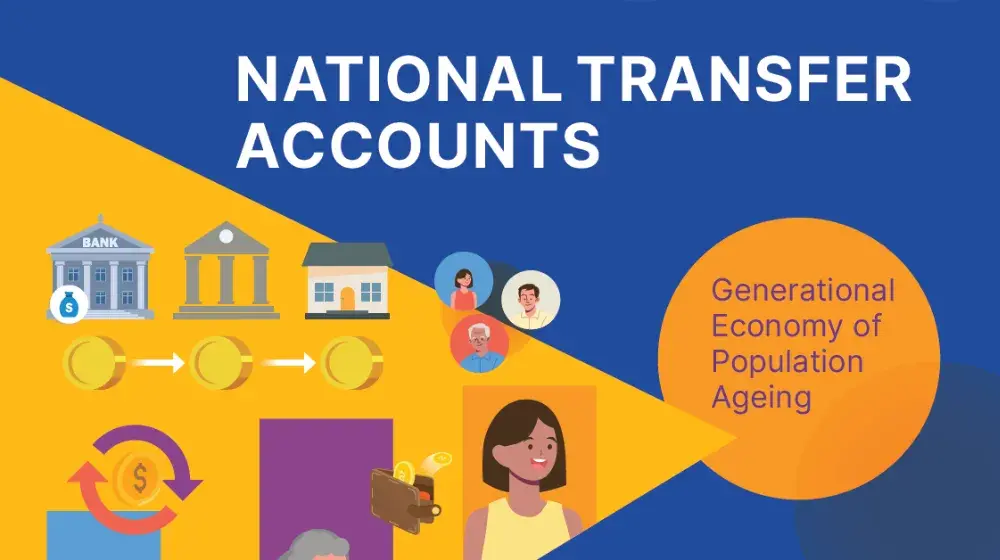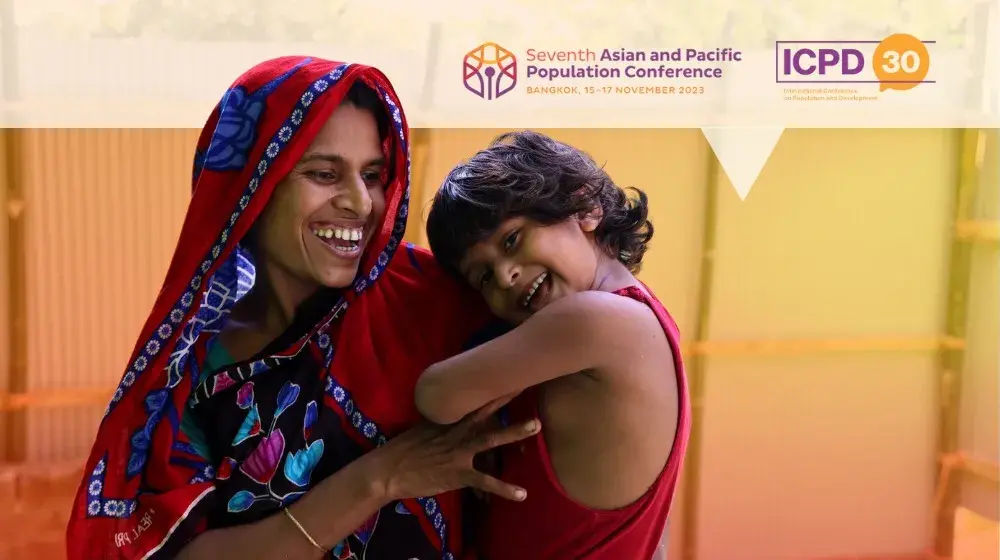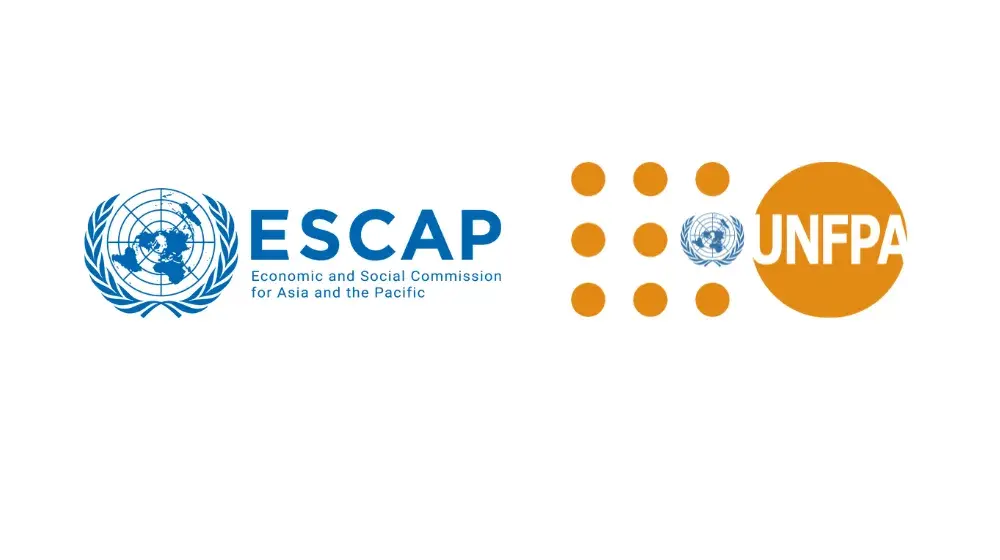19 April 2013, BANGKOK - At the first-ever Global Summit on Civil Registration and Vital Statistics (CRVS) that concluded today in Bangkok, governments, UN and development agencies made a global Call to Action to ensure that important life events such as births and deaths as well as the causes of death are registered for every person. To ensure that countries and regional partners can access the necessary political and technical support to implement country-owned strategies all actors need to come together at the global level.
“Improving civil registration systems is critical to improving health services,” noted Dr Marie-Paule Kieny, Assistant Director-General for Health Systems and Innovation at the World Health Organization (WHO) and Executive Secretary a.i. of the Health Metrics Network (HMN). “When we know how many children are born, how many people die and what the principal causes of their death are, we know better where to prioritize health investments.”
The Bangkok Call to Action calls for countries and development partners to remove barriers to universal civil registration, including out-dated laws, weak infrastructure, poor training of staff and inadequate funding. The Call to Action builds on momentum generated from regional initiatives launched in Asia and the Pacific, Africa and the Eastern Mediterranean to improve birth registration, death registration and CRVS systems. It also reflects the urgent need to prioritize strengthening CRVS systems on the post-2015 development agenda, as they provide essential data for analysing and monitoring trends and for developing policies and services for the population.
“CRVS systems are a fundamental function of government,” noted Mr Shun-ichi Murata, Deputy Executive Secretary of the United Nations Economic and Social Commission for Asia and the Pacific (ESCAP). “The registration of births, adoptions, marriages, divorces and deaths is necessary for safeguarding the human, legal, economic, social, cultural and democratic rights to which every person is entitled. Without a birth certificate, individuals face challenges going to school, seeing the doctor, accessing social protection and participating in public life.”
Currently, over 200 million children around the globe have not had their birth registered and around 80 countries do not have well-functioning civil registration systems to document births and deaths, mostly in sub-Saharan Africa and South Asia. The most scarcely recorded information is cause of death, denying governments the ability to track patterns in health and mortality. Globally, only one in four people lives in a country that registers over 90% of births and deaths.
“Children have to be counted to count, as far as their rights are concerned, but millions of children are not registered at birth,” said Susan Bissell, global head of child protection programmes for UNICEF, one of the Summit’s sponsors. “This deprives each one of an identity and the crucial birth certificate which is literally a child’s passport to benefits such as education and welfare programmes, and a shield to help protect him/her from trafficking, child labour, or other forms of abuse.” Christophe Lefranc, Technical Adviser at the UNFPA Asia Pacific Regional Office, underlined the usefulness of well-functioning CRVS systems as a data source for population statistics and for the analysis of major issues such as prenatal sex selection and maternal mortality.
The Bangkok Call to Action reflects the growing momentum among country and development partners to strengthen CRVS systems for the betterment of rights, governance and public policy. In March 2013, the UN Human Rights Council in Geneva adopted a resolution seeking action for universal registration at birth of all individuals in order to protect the right of every person to recognition everywhere as a person before the law. The Busan Action Plan for Statistics and the UN Commission on Information and Accountability for Women’s and Children’s Health in 2011also emphasized the need for complete and accurate CRVS.
“Many African countries are still struggling to establish complete CRVS systems,” says Mr. Abdalla Hamdok, Deputy Executive Secretary, Economic Commission for Africa (ECA). “Together with partners, ECA has embarked on a major initiative to support countries in Africa. We would like to see every single country on the continent implement a full-blown and efficient CRVS system that not only helps in realizing the rights and privileges of population in a country but also provides data on a continuous basis to plan a better future for them.”
The two-day summit was organized by WHO and HMN in collaboration with ESCAP, UNICEF, other United Nations partners and Plan International. Around 200 participants from ministries responsible for health, civil registration and statistics, along with development partners and scientists representing 50 countries agreed on how to move forward to ‘Make Every Life Count’.
Note to Editors:
In 2012, ESCAP launched the ‘Make Every Life Count’ initiative for Asia and the Pacific, to foster cooperation and raise awareness of the importance of CRVS systems for safeguarding rights, generating reliable statistics and underpinning good governance and social protection.
For more information please contact:
Marie-Agnes Heine
Communications Officer
WHO’s Health Metrics Network
Telephone: +41 22 791 2710
Mobile: +41 79 4495784
E-mail: heinem@who.int
www.globalsummitonCRVS.org




